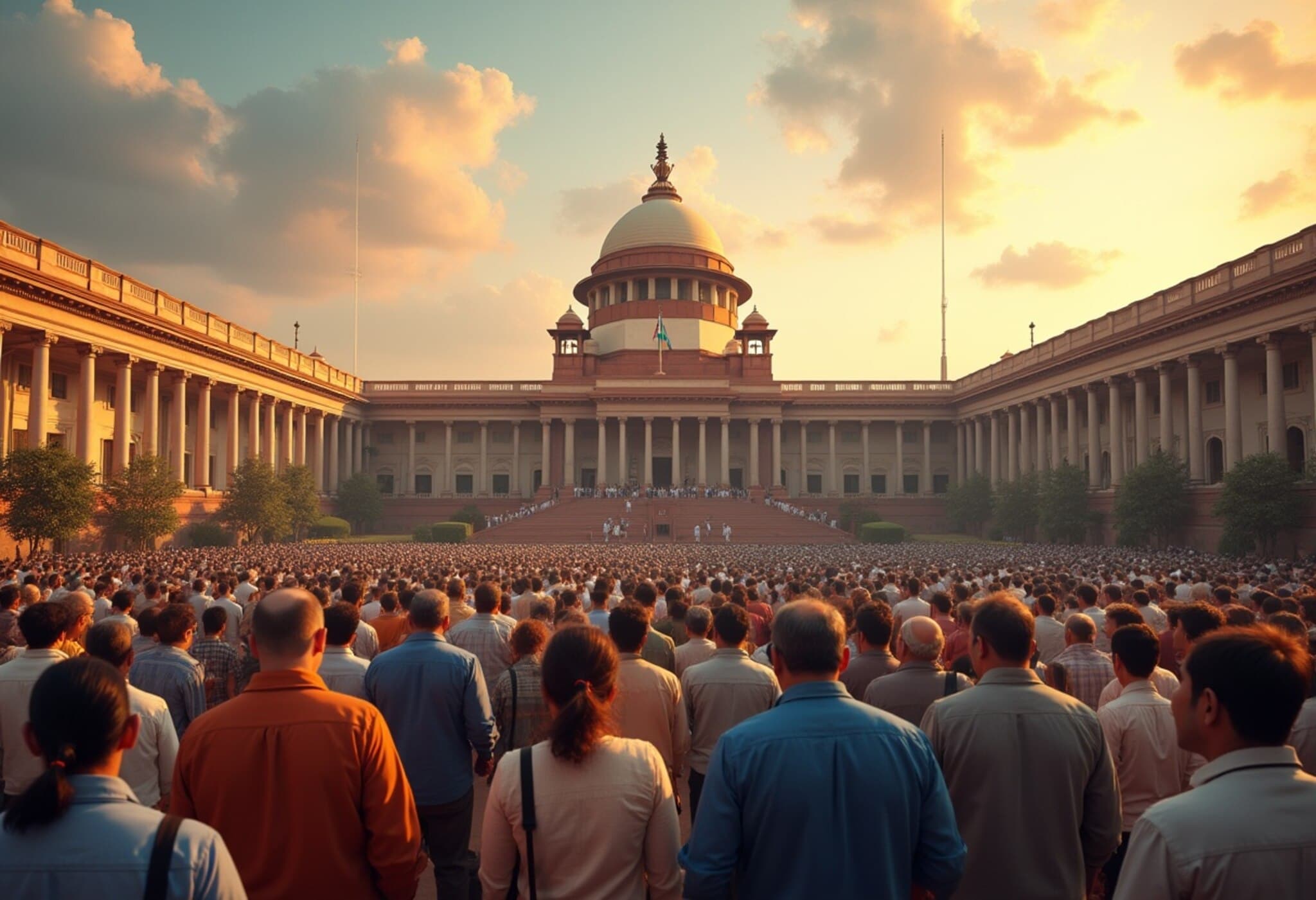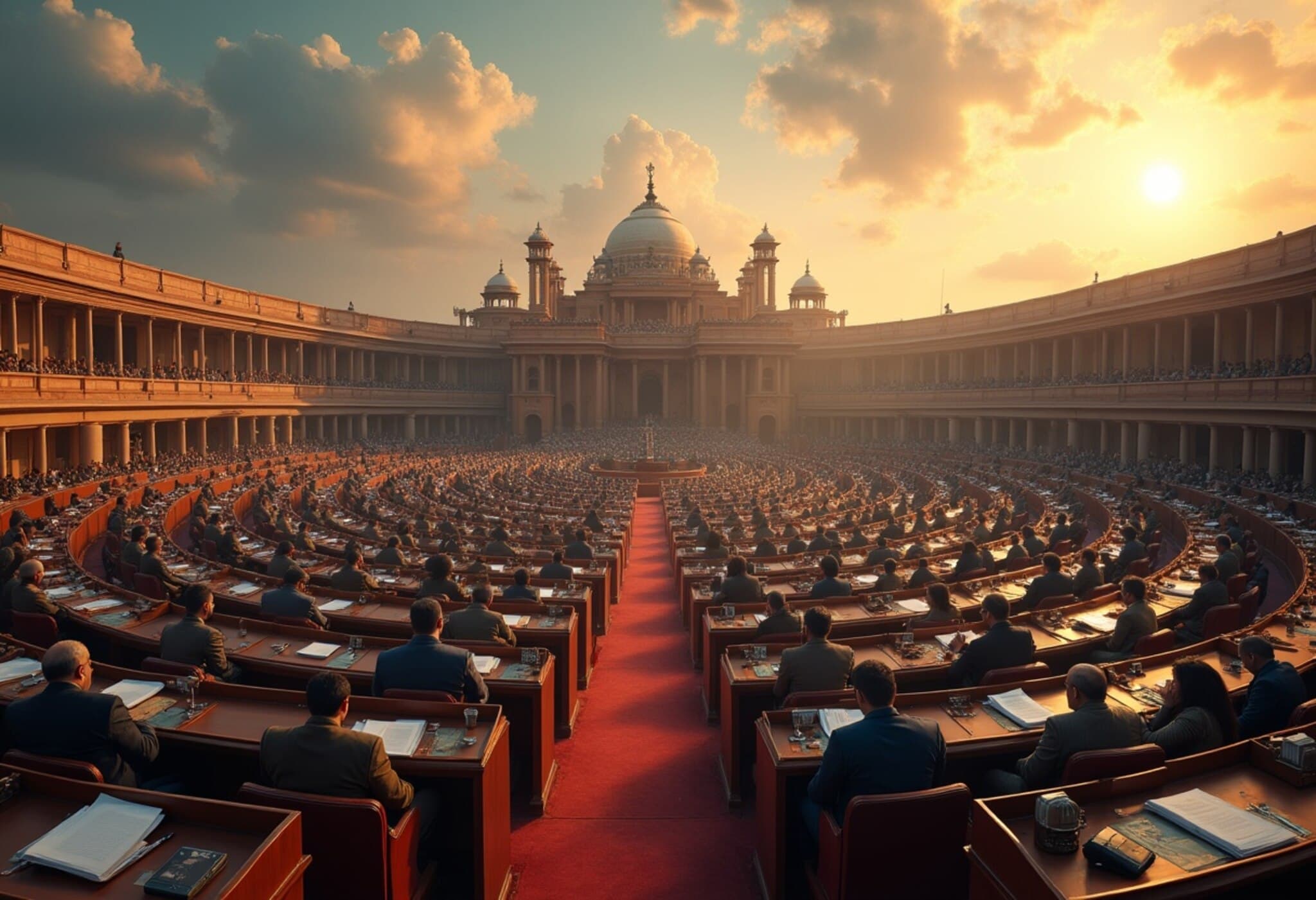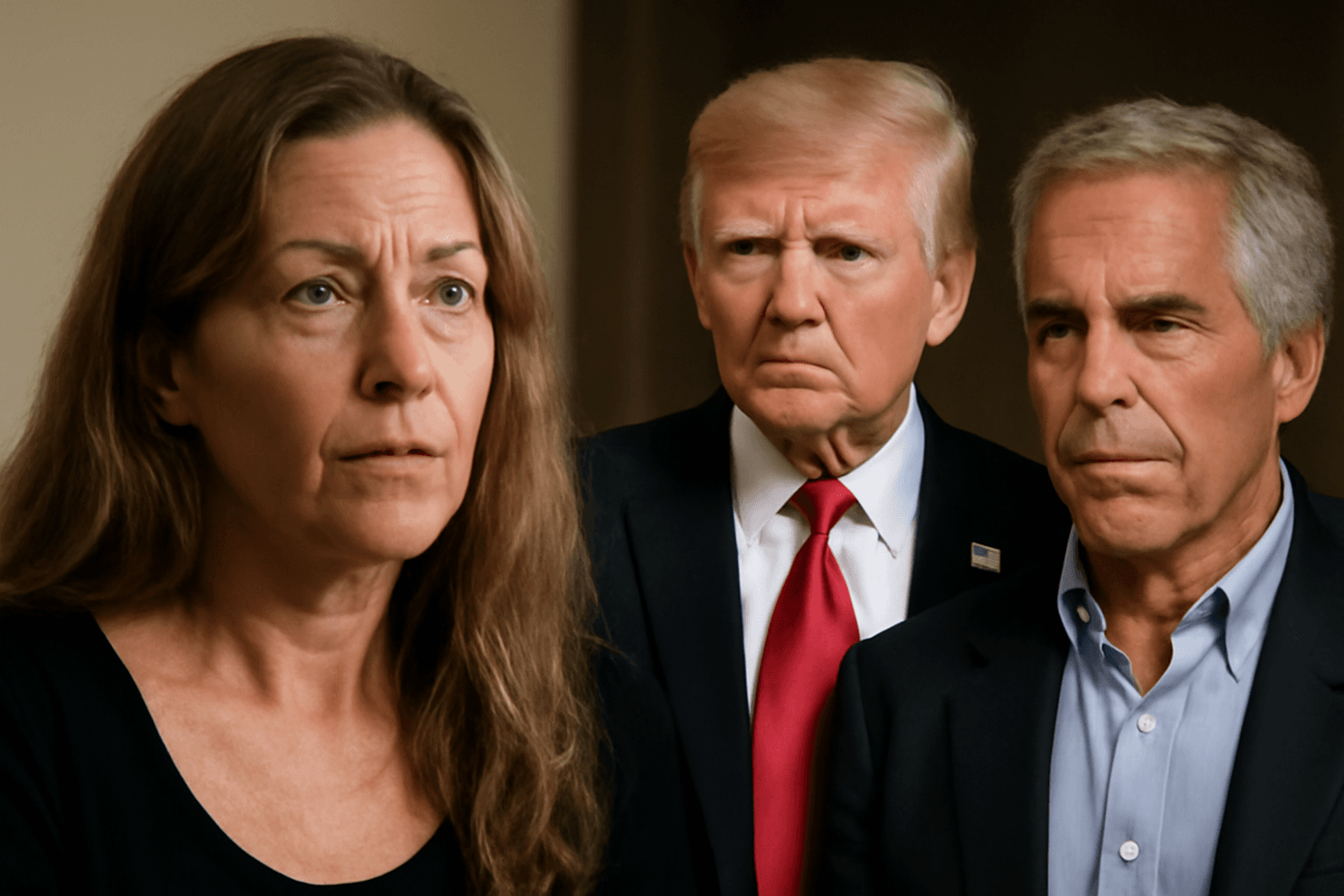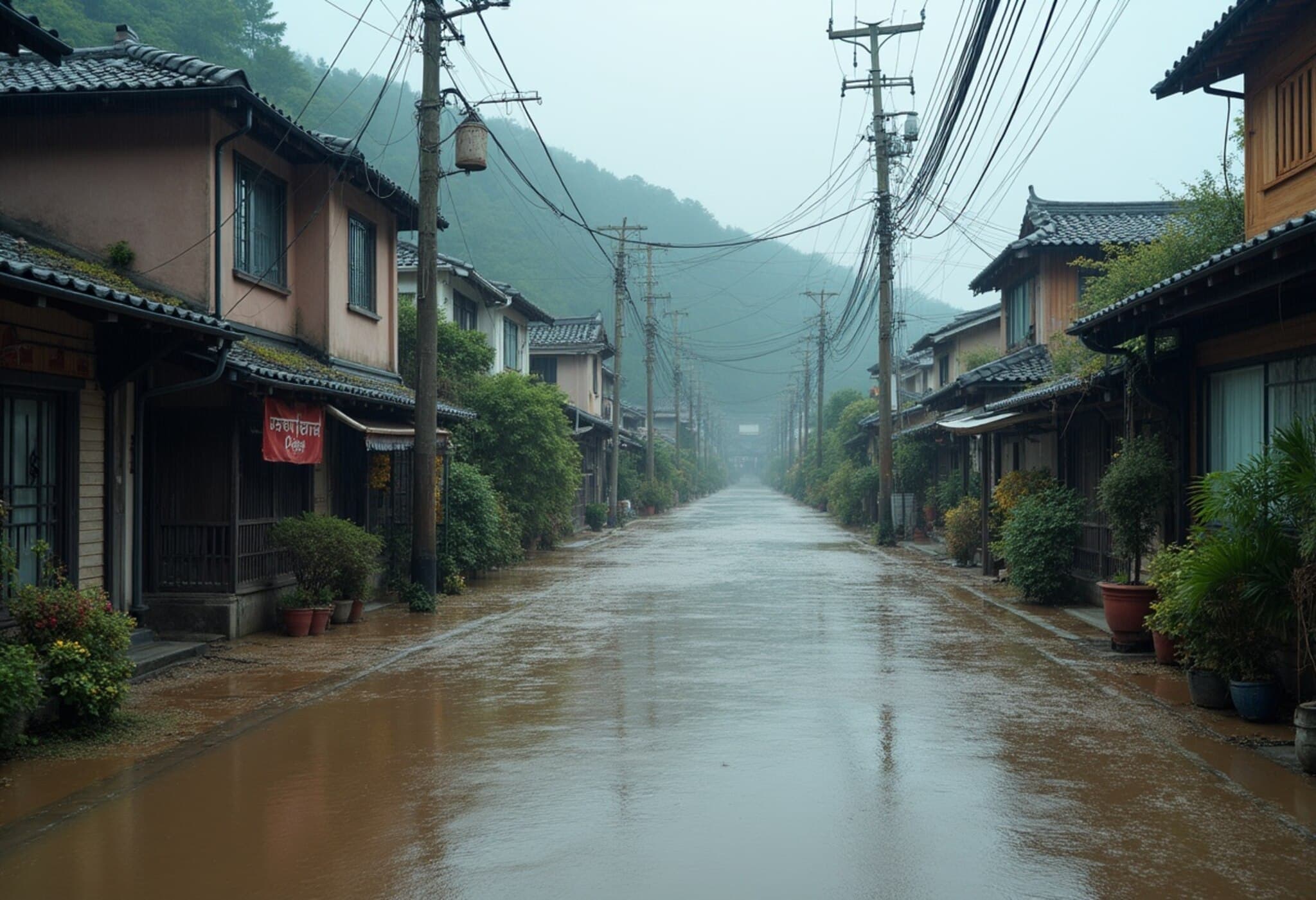INDIA Bloc Eyes Key National Issues Ahead of Monsoon Parliamentary Session
As the Monsoon Session of India’s Parliament kicks off on July 21, the INDIA bloc—an alliance of 24 opposition parties—has laid out a determined agenda to hold the government accountable on a series of pressing national concerns. From security breaches in Jammu and Kashmir to electoral controversies in Bihar, the bloc is set to vigorously question government policies on multiple fronts.
Focus on Pahalgam Terror Attack and National Security
The Pahalgam terrorist attack of April 22 remains a flashpoint. Opposition leaders have condemned the government’s silence, branding the incident an intelligence failure that undermines national security. They also criticized the dismissive official stance regarding allegations about India targeting Pakistan’s Kirana Hills nuclear site during Operation Sindoor, especially in light of former US President Donald Trump’s public assertions of having brokered a ceasefire phone call between India and Pakistan—a claim the Indian government neither confirmed nor denied.
Bihar Electoral Roll Revision Sparks Allegations of Voter Suppression
The opposition bloc is raising red flags about the ongoing Special Intensive Revision (SIR) of voter lists in Bihar. Alleging that the revision process disproportionately disenfranchises vulnerable communities, opposition figures have likened it to a modern-day “vote-bandi,” drawing parallels with controversial policies such as demonetization. These allegations underscore fears of electoral manipulation and echo wider anxieties about democratic backsliding.
Broad Spectrum of Concerns: Social Justice, Economy, and Foreign Policy
- Social issues: The bloc will spotlight the uptick in crimes against Scheduled Castes, Scheduled Tribes, women, and minorities—calling for stronger protections.
- Economic distress: Rising unemployment, inflationary pressures, and farmer hardships will be debated, highlighting the government’s response to economic challenges.
- Diplomatic setbacks: The alliance intends to scrutinize foreign policy decisions, particularly India’s stance amid the ongoing Gaza conflict and recent diplomatic strains.
Judiciary Under Scrutiny: Impeachment and Integrity Issues
Additionally, the INDIA bloc will revive discussions on judicial accountability, pressing for action against two sitting judges: Justice Yashwant Varma, implicated in a case involving burnt currency notes at his residence, and Justice Shekhar Yadav, accused of hate speech with an impeachment motion pending since December 2024. This move highlights the bloc’s commitment to institutional integrity amid growing public concerns about judicial impartiality.
Political Dynamics and Internal Challenges
Notably, the INDIA bloc’s cohesion has been tested recently. The Aam Aadmi Party officially withdrew from the alliance’s preparations, while prominent regional leaders like West Bengal’s Mamata Banerjee and Tamil Nadu’s M.K. Stalin were absent from key meetings. Despite these setbacks, stalwarts such as Sonia Gandhi, Rahul Gandhi, and Sharad Pawar remain central to strategy formulation, ensuring the bloc’s voice resonates strongly in Parliament.
Looking Ahead: Restoring Jammu and Kashmir’s Full Statehood
Restoration of full statehood to Jammu and Kashmir remains a flagship demand of the INDIA alliance. Congress General Secretary K.C. Venugopal emphasized this priority, announcing plans for a face-to-face INDIA bloc meeting in August aimed at solidifying collective strategies to tackle governance and regional autonomy issues.
Expert Commentary: Navigating Parliament’s Role Amid Political Turmoil
From a policy perspective, the INDIA bloc’s assertiveness underscores the essential democratic function of parliamentary oversight. By spotlighting issues that straddle security, civil rights, and governance, opposition parties are leveraging parliamentary procedures to foster accountability. However, their effectiveness depends heavily on bipartisan participation and willingness from the government to engage substantively, rather than resorting to political brinkmanship.
Furthermore, the electoral roll controversy in Bihar signals a critical intersection of democratic integrity and regional political strategy. As voter suppression allegations grow louder, it raises vital questions about protecting electoral inclusivity in a pluralistic democracy.
Conclusion: A Defining Parliamentary Session in a Shifting Political Landscape
As India’s Monsoon Session begins, the INDIA bloc’s ambitious agenda is set to transform Parliament into a frontline battleground tackling national security failures, electoral fairness, social justice, and judicial accountability. Amid internal alliance challenges, their ability to sustain pressure while fostering democratic debate will be pivotal—not only for shaping immediate policies but also for reinforcing India’s long-term democratic resilience.
Editor’s Note:
The INDIA bloc’s strategy brings to the fore critical questions: Can opposition unity translate into meaningful reform? Will the government engage transparently with these multiple crises or continue a posture of silence? Most importantly, how will these parliamentary debates influence the broader trajectory of India's democracy, especially against the backdrop of rising political polarization and citizenship debates? As this session unfolds, watching the interplay between political will, institutional checks, and citizens' voices offers essential insights into India’s democratic health.












